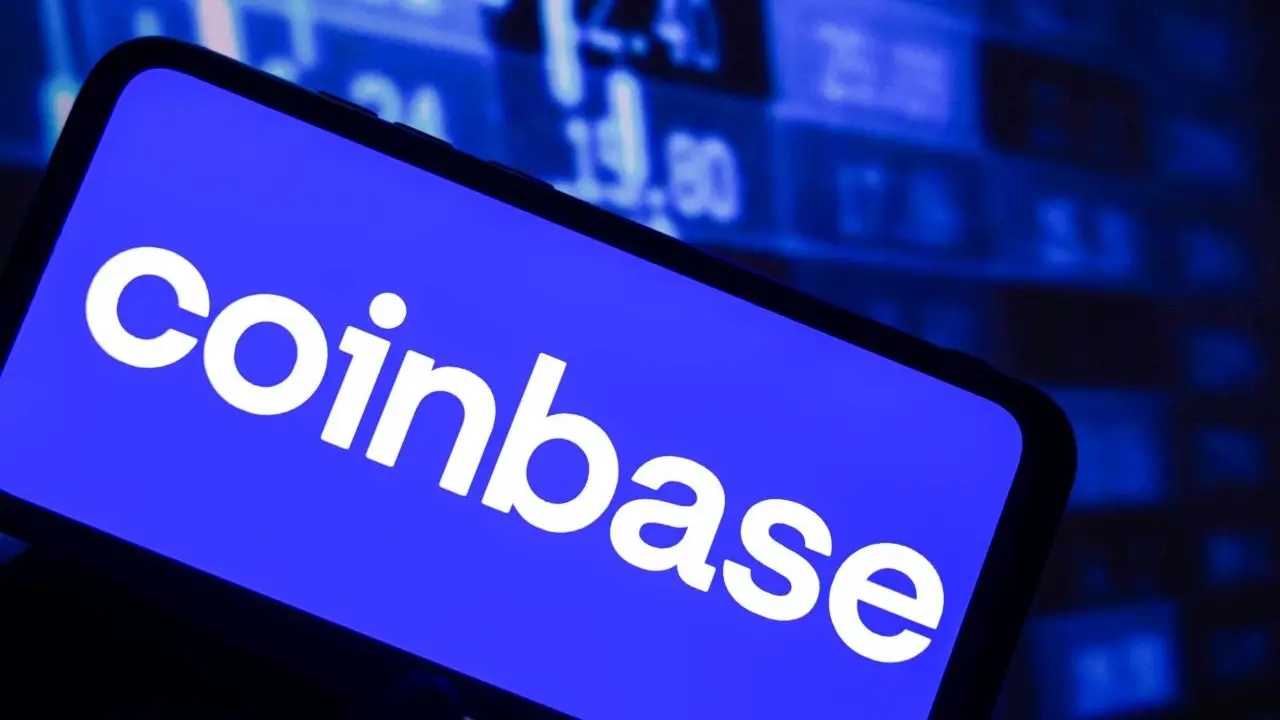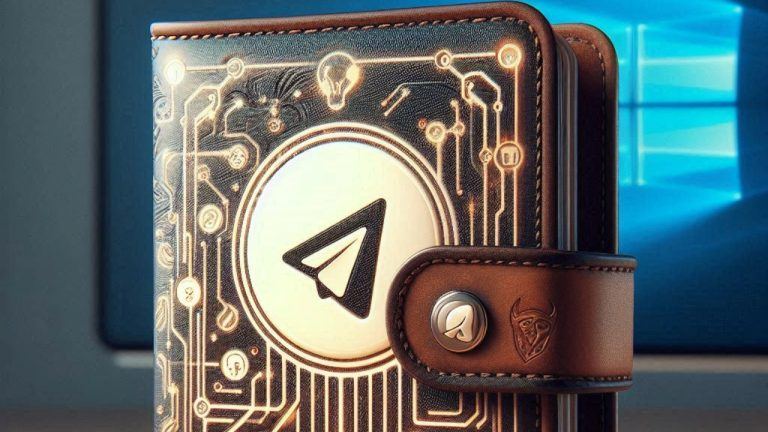 According to onchain data, a significant whale holding over 92,500 ether moved the funds to an unidentified wallet. Arkham Intelligence data suggests the funds may have been linked to the Ethereum Foundation, though this is not confirmed. Originally, the funds were transferred to a mysterious wallet on Sept. 1, 2015. Significant Ether Transfer Worth $288M […]
According to onchain data, a significant whale holding over 92,500 ether moved the funds to an unidentified wallet. Arkham Intelligence data suggests the funds may have been linked to the Ethereum Foundation, though this is not confirmed. Originally, the funds were transferred to a mysterious wallet on Sept. 1, 2015. Significant Ether Transfer Worth $288M […]

The Ether, worth roughly $290 million at the time of publication, had been at the same address since 2017.
A wallet associated with the Ethereum Foundation has transferred roughly $290 million in Ether after seven years of no movement.
According to data from blockchain analytics platform Arkham Intelligence, an address potentially connected to the Ethereum Foundation moved roughly 92,500 Ether (ETH) on July 25. According to Etherscan, the funds had not moved from the recipient address at the time of publication.
It’s unclear whether the Ethereum Foundation was responsible for moving the funds. Cointelegraph reached out to a spokesperson for comment but did not receive a response at the time of publication.
 With bitcoin prices declining by 3.7% in the past 24 hours, a dormant bitcoin wallet, created on May 20, 2013, or just over 11 years ago, moved 750 BTC, valued at roughly $48 million at current exchange rates. Vintage Bitcoin Wallet From 2013 Transfers 750 BTC Amid Market Dip On Thursday, a wallet that began […]
With bitcoin prices declining by 3.7% in the past 24 hours, a dormant bitcoin wallet, created on May 20, 2013, or just over 11 years ago, moved 750 BTC, valued at roughly $48 million at current exchange rates. Vintage Bitcoin Wallet From 2013 Transfers 750 BTC Amid Market Dip On Thursday, a wallet that began […] Indian cryptocurrency exchange Wazirx has provided an update on the over $230 million security breach in its multisig wallet, which involved Liminal’s custody services. The exchange detailed the incident and ongoing recovery efforts, promising transparency and further updates. “We have already blocked a few deposits and reached out to concerned wallets for recovery,” the crypto […]
Indian cryptocurrency exchange Wazirx has provided an update on the over $230 million security breach in its multisig wallet, which involved Liminal’s custody services. The exchange detailed the incident and ongoing recovery efforts, promising transparency and further updates. “We have already blocked a few deposits and reached out to concerned wallets for recovery,” the crypto […]

In a strange turn of events, a phishing scammer has returned a large portion of funds it stole from a victim last September.
A phishing scammer has suddenly returned nearly $9.3 million to a victim after stealing $24 million from them in a phishing attack last September.
First noticed by Scam Sniffer on July 13, the scammer used Dai (DAI) stablecoin to return the funds across two transactions last week.
The first transfer saw $5.23 million returned on July 8, while another $4.04 million was sent on July 13 at 12:06 pm UTC, Etherscan data shows.

Which cryptocurrency wallets are good alternatives to MetaMask?
Since the inception of cryptocurrencies, a plethora of crypto wallets have emerged, with one of the most popular being the MetaMask browser extension wallet from software technology firm Consensys.
Launched in 2016, MetaMask is now the most popular wallet for interacting with decentralized finance (DeFi).
MetaMask owes much of its popularity to its ease of use and wide range of functionalities.
 San Francisco crypto firm Coinbase has introduced a new web application for its wallet, designed to provide users with a unified platform for managing onchain assets. The application aims to simplify the experience for users by offering a comprehensive view of their crypto holdings across various wallets and chains. Coinbase Unveils Web App to Bolster […]
San Francisco crypto firm Coinbase has introduced a new web application for its wallet, designed to provide users with a unified platform for managing onchain assets. The application aims to simplify the experience for users by offering a comprehensive view of their crypto holdings across various wallets and chains. Coinbase Unveils Web App to Bolster […]

A victim who claims to have lost $1.7 million said a scammer called them claiming to be from Coinbase and sent emails that looked like they came from the crypto exchange.
At least three Coinbase users and one crypto user have reported being targeted by Coinbase-impersonating scammers in the past week, with one victim claiming to have been swindled out of $1.7 million.
Edge & Node co-founder Tegan Kline shared to X on July 7 an explainer from a “good friend” who had their self-custody wallet drained of $1.7 million a day prior after a scammer tricked them into sharing part of their seed phrase.
The victim said the scammer called claiming they were from Coinbase’s security team and sent the victim an email that appeared to be from Coinbase that verified the victim was “speaking to an official representative at Coinbase.”
 Wallet on Telegram, a third-party integrated mini wallet app for Telegram messenger, has recently sent a message to its users announcing an extension of its promotion that allows users to deposit Tether’s USDT and receive a 50% APY during the first two weeks. The app also announced that it would yield additional bonuses until the […]
Wallet on Telegram, a third-party integrated mini wallet app for Telegram messenger, has recently sent a message to its users announcing an extension of its promotion that allows users to deposit Tether’s USDT and receive a 50% APY during the first two weeks. The app also announced that it would yield additional bonuses until the […]

Choosing a crypto wallet can be intimidating for newcomers. Which wallet is the easiest to use and the safest for storing digital assets?
Being in control of your own assets — having total freedom of how and to whom they are sent — is a foundational tenant of cryptocurrencies.
Today, over 10,000 cryptocurrencies exist on a multitude of blockchains. With the increased adoption and proliferation of digital assets, crypto users have more options than ever regarding how they store their assets.
However, there are trade-offs to consider: Hot wallets, those connected to the internet, are convenient for making frequent transactions but are more susceptible to hacks.